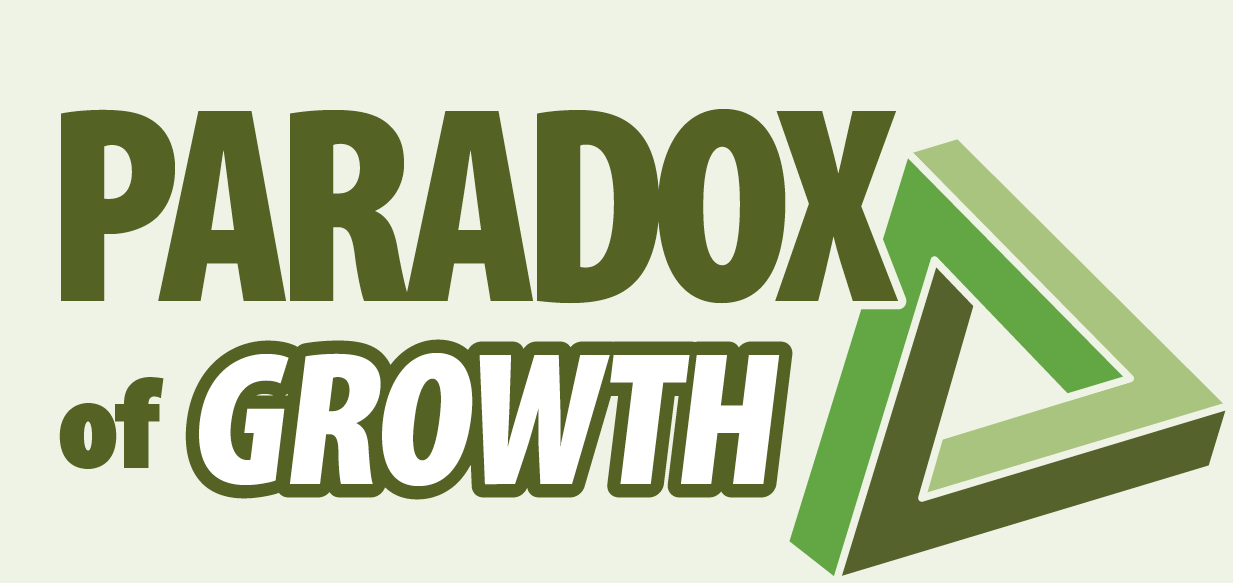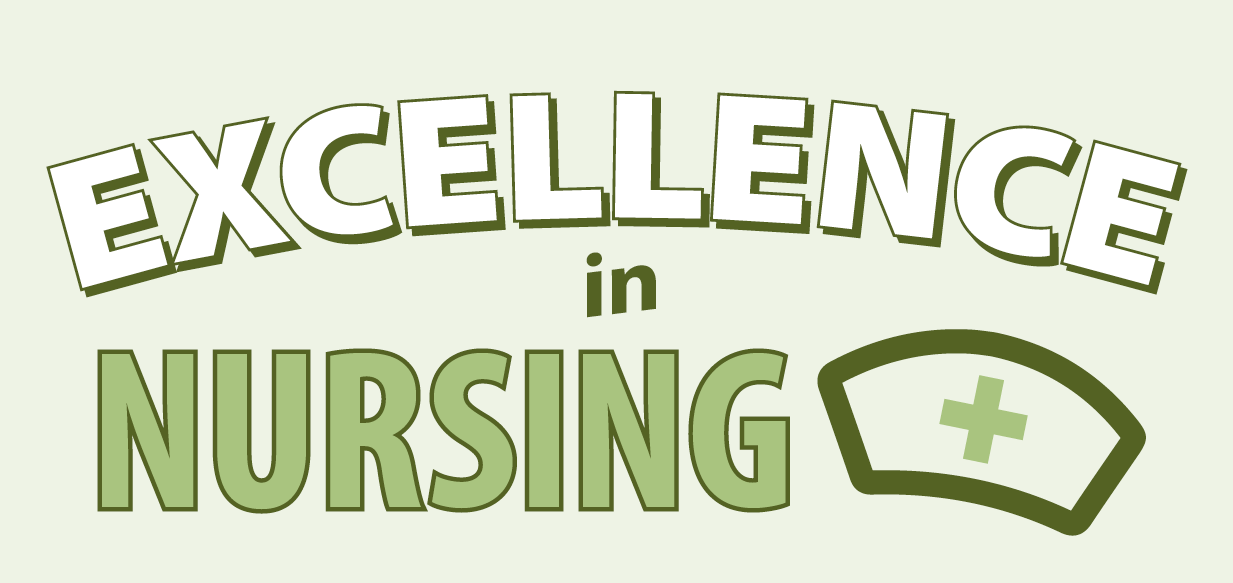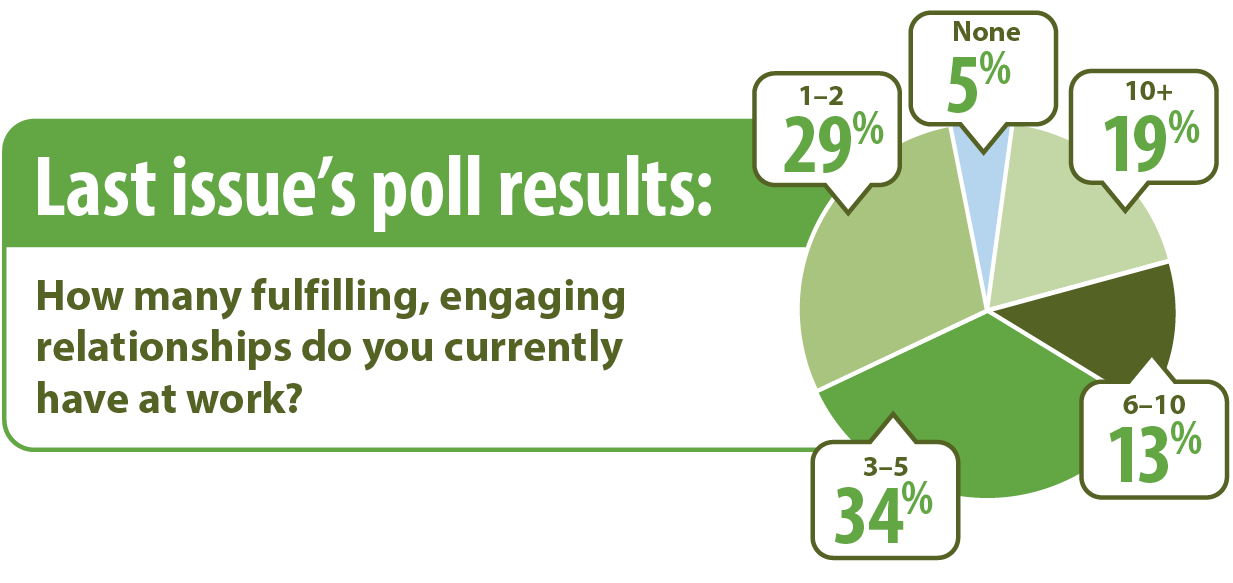
Stress and Communication
By Danny Gutknecht
The biggest challenge I encounter in helping people connect to themselves, and others are assisting them in exposing and dealing with imaginary voices. An internal narrator stokes the flames of fear that constantly wears you down and is usually a liar. The authentic voice is stifled—this communication problem is like a gigantic generator that pumps stress throughout their psyche.
So, a large part of my job involves communication. You might wonder how someone focused on helping people grow and rediscover their inner spark stumbled into solving communication issues. The connection is simple: growth involves first overcoming internal communication barriers before connecting to others.
Many organizations and individuals face communication challenges due to emotional imbalances and maladaptations to today's fast-paced world. These imbalances affect how people communicate with themselves and negatively impact their interactions with others. The hidden fears and desires that result from this emotional turmoil can distort conversations, leading to personal and relational difficulties. These distortions have a massive impact on culture, well-being, and organizational growth.
Organizations improve once their people improve. Improving your life is about improving the quality of your time, which includes work. You are the only person in every frame of the movie who is called your life, and all your interactions are influenced by how you show up.
Often, when we feel stress and anxiety, it's the inner voice telling us something isn't right; something within us wants to be exposed, said, and resolved. It's the drive to grow, but we must "work" on ourselves to grow. When we don't, anxiety and stress persist, and we suffer.
The strange paradox about growth is that it requires us to lean into the tensions of stress or anxiety, asking what they want from us—and listening for an answer. Coaches and trained guides can help us bring out the hidden narrators and begin to take control of our stories. They can help us discover the tensions or aspects we don't see in ourselves. When we begin to learn how to pay attention to our attention when we are listening to others is when something extraordinary happens: we begin to judge less, evaluate less, and understand more. And we stop blocking others out with assumptions.




